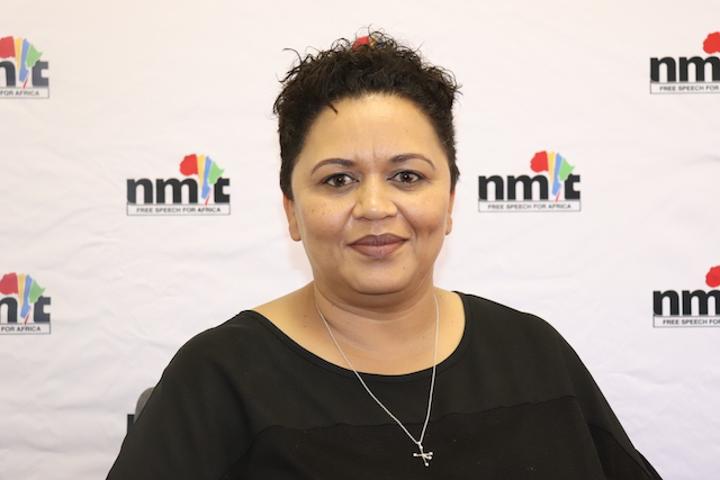Africa-Press – Namibia. WITH parliament re-opening today, eyes and ears will be focused on whether the access to information bill, which was tabled last year, will be passed.
Public commentary around the bill seems to have led to general consensus – that the bill will ultimately contribute to the good governance of the country.
A senior lecturer in the communication department at the Namibia University of Science and Technology, Philip Santos, says the bill is a key enabler in facilitating transparency and good governance.
“The biggest stakeholders is the audience. When journalists provide a platform where citizens can discuss issues and share ideas, this then puts the citizens in a position where they are fully informed on issues where they have to make decisions,” he said on Thursday.
Santos added that by writing stories, journalists provide information that citizens can scrutinise, which in turn informs the government about the situation on the ground. He further noted that the challenge the public faces right now is that policy-making issues are complex, making it difficult for the ordinary person to understand.
“Journalists need to come up with narratives that are easily understandable so that when people go to vote they know what the issues are,” he said.
An analysis done by the Centre for Law and Democracy (CLD), which was released in April, shows that the bill is largely in line with international standards, but could still be improved on. CLD noted that the bill has a number of strengths, such as an independent information commissioner with extensive powers, a broad scope of coverage and a good set of promotional measures to support effective implementation.
Namibia Fact Check editor Frederico Links says the bill is very important as it speaks to important elements that can move society forward. Links says formalising access to information will ultimately strengthen the Namibian society.
“The bill is really important because it speaks to development and good governance as well as fighting corruption. It is not just about the media, but it is something that is good for the country in general,” he said on Thursday.
Speaking on behalf of Action Coalition, Links said there are some concerns with the bill that is in parliament, however, there seems to be general agreement on the draft text.
“We’ve expressed these concerns with the standing committee. We are happy with the draft on a great degree…there are areas it is weak in. For instance, the whole blanket secrecy in Cabinet deliberations is something that we feel is a bit overdone,” he added.
Links noted that the bill is something people have been wanting for over 20 years and people should celebrate once it is passed, but it should be put to good use in terms of relaying information to the masses.
Namibia Media Trust managing director Zoe Titus hopes the law will be appropriately implemented and fully enforced. She echoed Santos’ sentiments that the law, if passed, should drive more public participation, as citizens will be more informed due to the access journalists will have to information.
“Access to information is a crucial element in the fight to reduce corruption and increases accountability,” she said last Thursday. She added that not only will it hold the government accountable, but journalists too.
“This would ideally promote higher standards of journalism. I think most journalists complain about the lack of access to public information. So, if this bill is passed there will be a fewer excuses for bad journalism,” she noted.
For More News And Analysis About Namibia Follow Africa-Press






